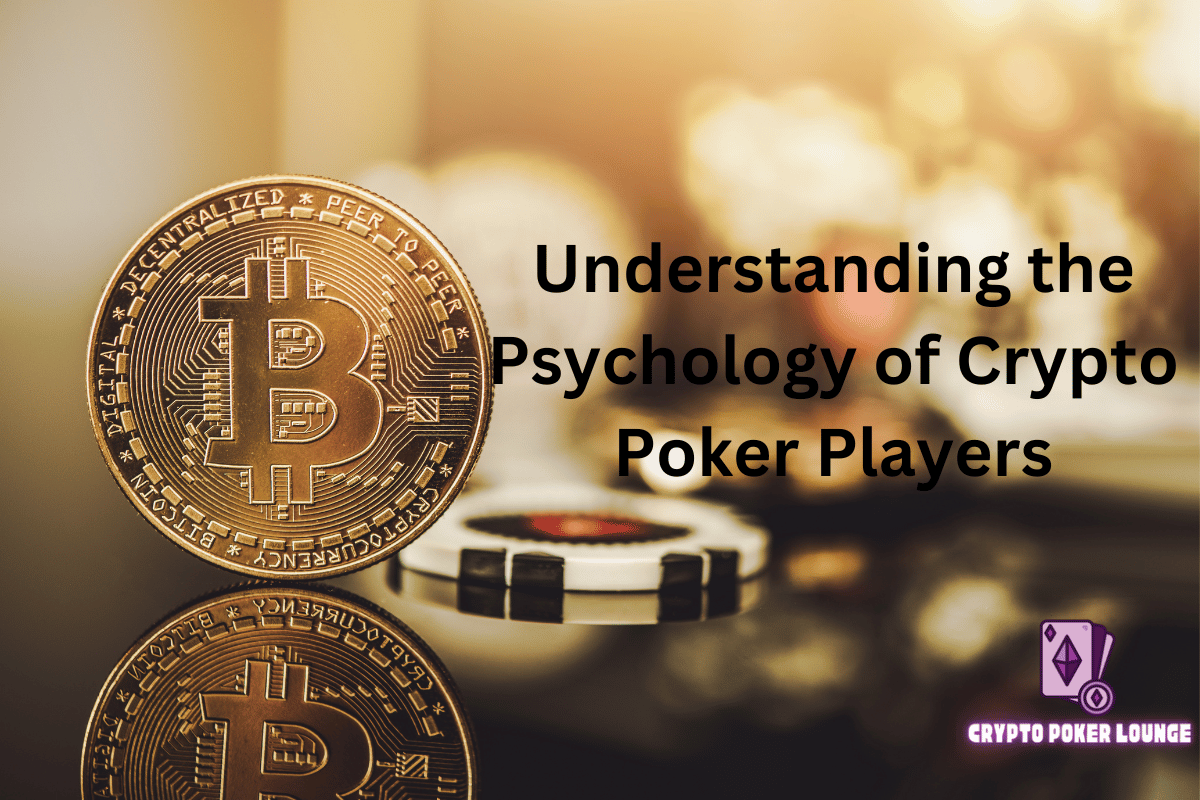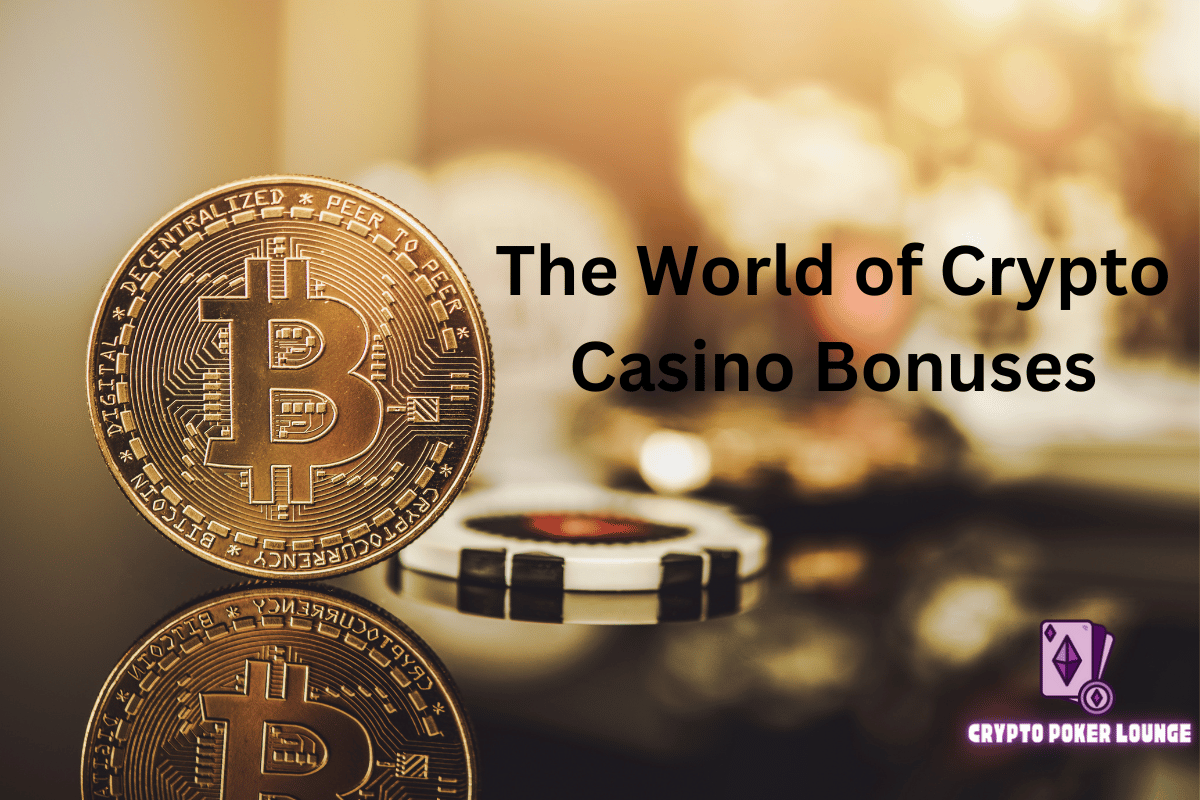
Imagine a scenario where a seasoned poker player faces a series of losses in a high-stakes crypto poker tournament. The player’s reactions, decisions, and mindset during such moments can provide a fascinating insight into the intricate world of crypto poker psychology.
As we explore the underlying motivations, risk assessment strategies, and emotional responses of crypto poker players, we may uncover a complex interplay between digital currencies and psychological tendencies that shape their gameplay. Understanding these dynamics could offer valuable perspectives for both players and observers alike.
Risk-Taking Behavior Patterns
When we analyze the risk-taking behavior patterns of crypto poker players, it becomes evident that their decisions are influenced by a complex interplay of factors. Risk assessment plays a pivotal role in their decision-making process. Crypto poker players must constantly evaluate the risks associated with each move they make, considering not only potential gains but also the likelihood of losses. This risk assessment is often influenced by behavioral economics, where cognitive biases and heuristics can lead players to make decisions that may not align with traditional risk assessments.
In the world of crypto poker, behavioral economics sheds light on how players deviate from rational decision-making due to emotions, social pressures, and cognitive shortcuts. Understanding these deviations is crucial in comprehending why some players are more prone to taking risks while others adopt a more conservative approach. By delving into the realm of behavioral economics, we gain a deeper insight into the intricate web of factors that shape the risk-taking behavior patterns of crypto poker players.
Emotional Responses to Cryptocurrency Fluctuations
Analyzing the risk-taking behavior patterns of crypto poker players reveals a significant link between their decisions and emotional responses to cryptocurrency fluctuations. Market volatility can trigger intense emotional reactions, impacting players’ rationality and decision-making processes. When crypto gains are substantial, euphoria may cloud judgment, leading to higher risk-taking behaviors. Conversely, in times of market downturns, fear and panic can drive players to make impulsive choices, deviating from their usual strategies.
Emotional regulation plays a crucial role in how players navigate these fluctuations. Those who can effectively manage their emotions tend to make more calculated decisions, considering the long-term implications rather than succumbing to short-term market swings. Understanding the investor psyche within the context of cryptocurrency fluctuations is essential for grasping the intricate dynamics at play in crypto poker.
Decision-Making Under Uncertainty
Navigating the complexities of decision-making under uncertainty requires a strategic blend of rational analysis and emotional intelligence in the realm of crypto poker. When faced with unpredictable situations, our cognitive processing plays a crucial role in assessing risks and making informed choices. As crypto poker players, we constantly encounter uncertain outcomes where probabilities aren’t always clear-cut. This ambiguity can trigger emotional responses that may cloud our judgment if not managed effectively.
In such instances, it’s essential to engage in thorough risk assessment by evaluating potential gains against possible losses. Our ability to weigh these factors accurately can significantly impact the decisions we make at the poker table. Understanding the intricate interplay between cognitive processes and emotional reactions is key to navigating uncertainty successfully. By honing our analytical skills and cultivating emotional resilience, we can enhance our decision-making capabilities in the dynamic world of crypto poker. Ultimately, mastering the art of decision-making under uncertainty empowers us to thrive in the ever-evolving landscape of digital currency gaming.
Influence of Digital Currency on Strategy
The digital currency landscape significantly shapes our strategic approach in crypto poker, influencing our decision-making processes and gameplay dynamics. In the realm of crypto poker, the use of digital currency brings about a unique set of strategic considerations. One key aspect is the strategic manipulation that players can employ due to the decentralized and pseudonymous nature of digital currencies. This allows for increased anonymity and the ability to bluff more convincingly, altering traditional poker strategies.
Moreover, the influence of digital currency goes beyond just bluffing. The fluctuating value of cryptocurrencies can impact our risk tolerance and betting patterns. For instance, during periods of high volatility, players might adopt a more conservative strategy to protect their assets. On the other hand, when currencies are stable, players might feel more inclined to take risks and make bold moves.
Understanding how digital currency influences our strategic decisions is crucial in the ever-evolving world of crypto poker. By adapting our gameplay to the unique characteristics of digital currencies, we can optimize our chances of success at the virtual poker table.
Psychological Factors Behind Bluffing
Bluffing is a cornerstone of poker, embodying the art of deception and strategic gameplay. Understanding the psychological factors behind bluffing sheds light on the mind games at play during a poker match.
It’s fascinating to explore how players navigate this intricate dance of reading opponents and using psychological tactics to gain an edge at the table.
Bluffing and Deception
Understanding the psychological intricacies of deception in poker reveals the complex interplay between strategy, perception, and human behavior. When it comes to bluffing and deception in poker, player psychology plays a crucial role. Here’s a closer look at the factors influencing these actions:
-
Player Psychology: Each player brings their unique mindset to the table, influencing their bluffing tendencies.
-
Deception Tactics: The methods used to deceive opponents vary widely, from subtle cues to bold moves.
-
Reading Opponents: Being able to interpret your opponents’ behaviors is key to successful bluffing and deception strategies.
In the high-stakes world of poker, mastering the art of bluffing requires a deep understanding of these psychological dynamics.
Mind Games in Poker
Exploring the intricate mind games at play in poker reveals the fascinating psychological factors behind players’ bluffing strategies. Psychological manipulation becomes a key element as players aim to deceive opponents and control the narrative of the game. By leveraging their understanding of human behavior, poker players strategically manipulate their opponents into making decisions that benefit the manipulator.
This strategic deception involves creating a false narrative through actions, expressions, and betting patterns to induce a desired response from opponents. The ability to bluff effectively hinges on the player’s skill in reading others and projecting a convincing façade to elicit specific reactions.
Ultimately, mastering the art of mind games in poker demands a deep understanding of psychological manipulation and strategic deception to outwit opponents at the table.
Cognitive Biases in Crypto Poker
In the high-stakes world of crypto poker, cognitive biases play a significant role in shaping players’ decision-making processes and outcomes. These biases can lead to both strategic advantages and costly mistakes, influencing how individuals perceive and respond to the dynamic nature of the game.
- Confirmation Bias: Players tend to seek out information that confirms their existing beliefs about their hand or opponents, potentially overlooking critical details that could change their strategy.
- Overconfidence: A common pitfall where players overestimate the quality of their hand or their chances of winning, leading to aggressive plays that may not be justified by the actual probabilities.
- Loss Aversion and Anchoring Bias: The fear of losing can cause players to make suboptimal decisions, clinging to a losing hand or strategy due to a reluctance to accept defeat. Anchoring bias can also influence decisions, where players fixate on initial information or bets, even when the game dynamics have shifted.
Understanding and mitigating these cognitive biases is crucial for crypto poker players aiming to improve their overall gameplay and decision-making skills.
Motivations for Playing With Cryptocurrency
Cognitive biases significantly influence decision-making in the high-stakes world of crypto poker, but understanding the motivations for playing with cryptocurrency sheds light on why players are drawn to this unique intersection of technology and gaming. When it comes to risk management, cryptocurrency offers players a sense of control over their funds, as transactions are decentralized and secure. This aligns with player psychology, where the desire for autonomy and security plays a crucial role in decision-making.
Players are motivated to engage in crypto poker due to the anonymity it provides, allowing them to separate their gaming activities from their personal identity. Moreover, the potential for quick and efficient transactions appeals to those seeking convenience and speed in their gameplay. The volatile nature of cryptocurrency prices also adds an element of excitement, attracting individuals who enjoy the thrill of speculation and the possibility of significant gains.
In essence, the motivations for playing with cryptocurrency in the realm of poker reflect a complex interplay between risk management strategies, psychological needs, and the allure of a dynamic and innovative gaming environment.
Mental Resilience in Cryptocurrency Gambling
Understanding the mental resilience required in cryptocurrency gambling is essential for navigating the unpredictable nature of this high-risk, high-reward environment. In this realm, mental toughness and emotional regulation play pivotal roles in determining success and preventing significant losses. Here are key points to consider:
-
Mental toughness: Cryptocurrency volatility can lead to rapid fluctuations in value, requiring players to stay composed and make rational decisions even in moments of extreme pressure.
-
Emotional regulation: The highs and lows of digital currency gambling can evoke strong emotions like excitement, fear, and greed. Maintaining emotional balance is crucial to prevent impulsive actions that could result in significant financial setbacks.
-
Adaptability: Flexibility in adjusting strategies and risk management approaches is essential in this dynamic environment, where market conditions can change rapidly.
Developing mental resilience in cryptocurrency gambling involves honing these skills to navigate the uncertainties effectively and make informed decisions that can lead to successful outcomes.
Behavioral Patterns in Crypto Poker Tournaments
As we explore the behavioral patterns in crypto poker tournaments, we’re drawn to the intricate dance of betting strategies, the intense spotlight on decision-making under pressure, and the artistry of psychological bluffing tactics. Understanding how players navigate these elements sheds light on the complexities of human psychology in high-stakes environments.
Where every move is a calculated risk, every bet a window into strategic thinking, and every bluff a glimpse into the mind’s strategic maneuvers. The interplay of these facets forms the tapestry of intrigue that defines the dynamic world of crypto poker tournaments.
Betting Strategies Analysis
Delving into the intricacies of betting strategies in crypto poker tournaments reveals a fascinating web of behavioral patterns among players. When analyzing betting strategies, two key elements come into play:
-
Bankroll management and risk assessment are fundamental in determining the size and frequency of bets, influencing player decisions and overall gameplay.
-
Player profiling allows individuals to adapt their strategies based on opponents’ tendencies, while understanding table dynamics is crucial for adjusting one’s betting patterns to the specific environment.
Decision-Making Under Pressure
Poker players in crypto tournaments often exhibit distinct behavioral patterns when faced with high-pressure decision-making situations. The ability to manage stress effectively can significantly impact performance outcomes. In these intense moments, players must balance rational analysis with emotional control to make optimal choices.
Stress management techniques, such as deep breathing or positive self-talk, can help players stay focused and maintain clarity under pressure. Performance analysis post-tournament can also provide valuable insights into decision-making processes during stressful situations. By reviewing and reflecting on past performances, players can identify strengths and weaknesses in their decision-making under pressure, allowing for continuous improvement and enhanced mental fortitude in future tournaments.
Psychological Bluffing Tactics
Navigating the intricate realm of psychological bluffing tactics in crypto poker tournaments unveils a compelling array of behavioral patterns that shape the strategic landscape for players. Engaging in mind games and deception tactics is a fundamental aspect of the poker experience, influencing outcomes and creating an intense atmosphere at the table. Here’s a snapshot of key elements players employ:
- Reading Opponents: Deciphering subtle cues and behaviors to uncover the truth behind opponents’ actions.
- Bet Sizing: Manipulating bet sizes to convey false information or provoke specific reactions.
- Timing Tells: Utilizing timing as a deceptive tool to mislead opponents and control the flow of the game.
Understanding these psychological bluffing tactics not only enhances gameplay but also highlights the intricate dance of strategy and deception in the world of crypto poker.
Frequently Asked Questions
How Does the Use of Cryptocurrency in Poker Affect the Overall Dynamics of the Game Compared to Traditional Currency?
Using cryptocurrency in poker enhances security, speed, and privacy. It alters game dynamics by reducing transactional barriers, promoting global participation, and increasing player autonomy. These changes create a more efficient and inclusive gaming experience.
Are There Any Specific Strategies That Crypto Poker Players Use to Leverage the Anonymity and Security Features of Digital Currency?
We’ve noticed that crypto poker players often adopt strategies that focus on risk management and identity protection. They leverage the anonymity and security features of digital currency to navigate the game with a heightened sense of security and control.
How Do Crypto Poker Players Adapt Their Gameplay in Response to the Volatile Nature of Cryptocurrency Markets?
Adapting to cryptocurrency market volatility, crypto poker players exhibit remarkable flexibility. They adjust their risk management strategies swiftly, leveraging their adaptability to navigate the fluctuating prices. This agility showcases their ability to blend finance and gaming expertise.
What Role Does Mental Resilience Play in Maintaining a Successful Long-Term Strategy in Crypto Poker?
In the high-stakes world of crypto poker, mental toughness is our cornerstone. Strategic planning is our blueprint, emotional regulation our shield, and risk management our compass. These pillars guide us towards long-term success.
Do Cognitive Biases in Crypto Poker Differ From Those in Traditional Poker, and if So, How Do They Manifest in Decision-Making at the Poker Table?
When diving into the nuances of cognitive biases between crypto and traditional poker, we observe distinct manifestations in decision-making. Emotional regulation, risk assessment, and cognitive biases greatly influence our choices at the table, impacting our overall success.
Conclusion
In conclusion, understanding the psychology of crypto poker players is like peeling back the layers of a complex digital onion.
Each risk taken, emotion felt, and decision made is a piece of the puzzle that forms the intricate mindset of these players.
By delving into the motivations, biases, and behaviors of crypto poker enthusiasts, we gain insight into the inner workings of the mind in the ever-evolving world of cryptocurrency gambling.


